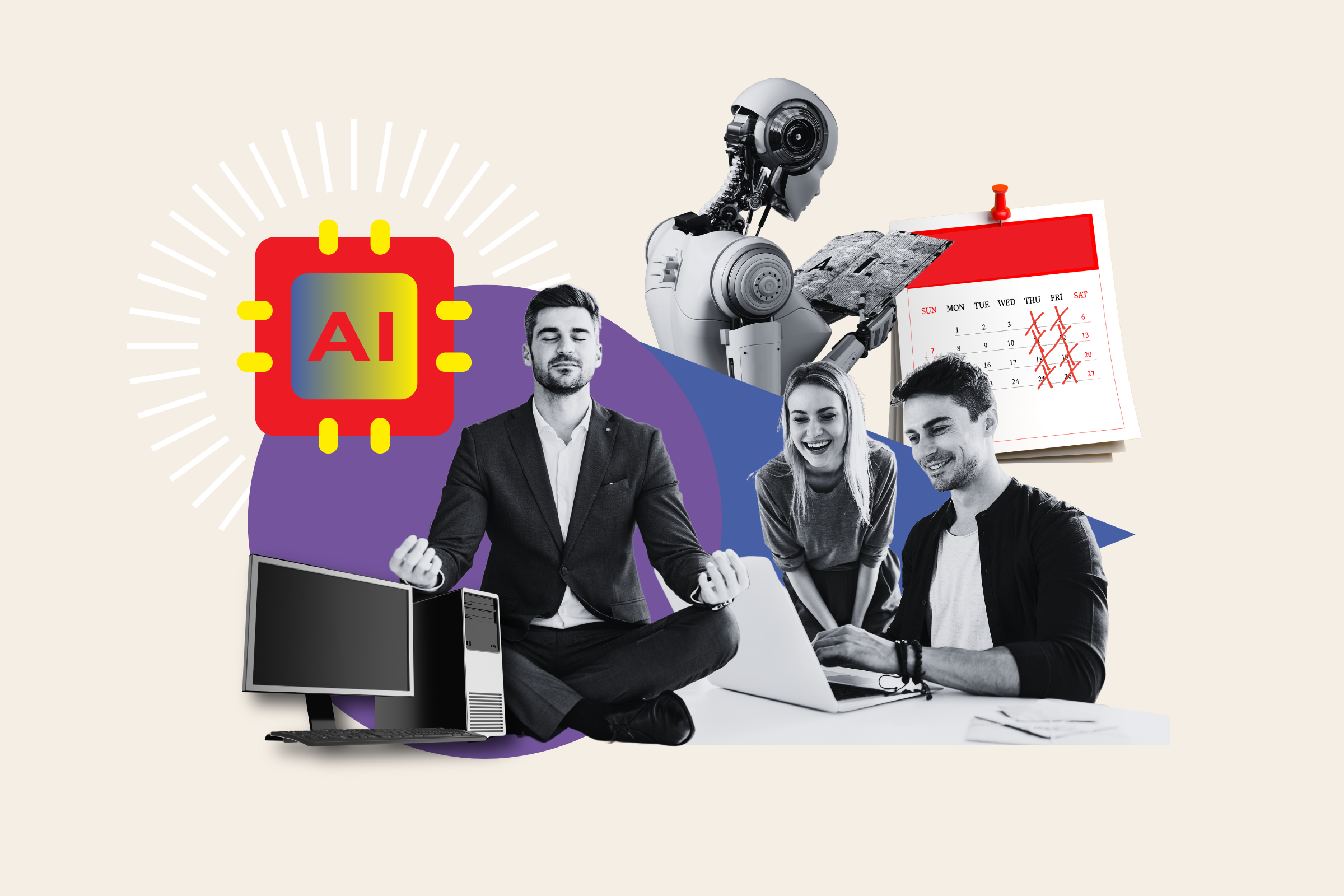The Future of Work: A 3.5-Day Work Week on the Horizon?
As we step into 2025, many of us are reevaluating our work-life dynamics. While some are determined to seize the year, others may feel overwhelmed. Recent years have witnessed significant shifts in the workplace, including record highs in burnout and stress and a growing trend of quiet quitting as employees seek better work-life balance and flexible working options.
Could a Drastically Reduced Work Week Be Feasible?
With the rise of AI in remote work, concerns about job replacement are prevalent. However, what if AI could actually enhance well-being and allow for a shorter work week? Jamie Dimon, CEO of JPMorgan, previously suggested a 3.5-day work week, claiming, "Technology has always replaced jobs. Your children are going to live to 100 and not have cancer because of technology, and literally they'll probably be working three and a half days a week."
Research supports this notion. A study from Social Science and Medicine indicated a potential radical reduction in the working week, while a trial in Iceland showed that a 35 to 36-hour work week maintained or improved productivity and significantly enhanced worker well-being.
Deborah Perry Piscione, co-author of Employment Is Dead, believes that the shift towards a shorter work week is a natural progression as we transition from measuring time to measuring output. She advocates for life-stage flexibility, allowing employees to adapt their schedules while focusing on productivity rather than hours worked.
AI’s Dual Role: Job Displacement and Creation
The impact of AI on jobs varies across sectors. While some roles may be automated, others will evolve. Kathy Diaz from Cognizant emphasizes that despite AI's efficiency, many jobs requiring human creativity and emotional intelligence will remain essential. Predictions suggest that by 2040, over a billion humanoid robots will be employed in various fields.
Harnessing the Power of AI
AI is expected to boost productivity significantly. A study by Cognizant and Oxford Economics predicts that generative AI could contribute $1 trillion to the U.S. economy, affecting 90% of jobs. This technology allows professionals to focus on higher-value tasks, enhancing job quality.
The Future of Work—What's Holding Us Back
Despite the benefits of AI, a shift in mindset is crucial. Many senior leaders still equate long hours with commitment. However, the next generation of leaders, who understand the importance of well-being, is more likely to embrace a 3.5-day work week as a means to enhance productivity and engagement.
As we navigate these changes, the focus must shift from merely working less to designing work that fits into life, not the other way around. With the right leadership and mindset, we can look forward to a happier, healthier workforce and a sustainable approach to business.




Comments
Join Our Community
Sign up to share your thoughts, engage with others, and become part of our growing community.
No comments yet
Be the first to share your thoughts and start the conversation!